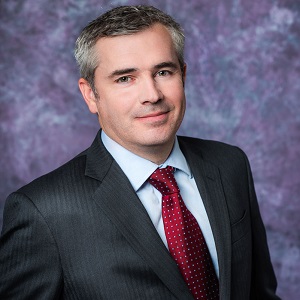Below are key takeaways from a workshop in Singapore on NTI's Developing Spent Fuel Strategies Project:
-
Attendance at the workshop was deliberately limited to nuclear influence leaders from key Pacific Rim nations.
-
By having a select set of participants, the workshop allowed for excellent, in-depth discussions among senior nuclear leaders from Australia, China, Japan, South Korea, Taiwan, U.S.A.
-
Topics discussed were wide ranging, but centered upon the status, plans, and potential for cooperation and collaboration on issues asscoiated with spent fuel management and the back end of the nuclear fuel cycle.
-
Even where countries’ political relationships are complicated, there are common interests in many issues related to spent fuel management, security, and nonproliferation. It is in the best interests of all nations that these challenges be successfully met.
-
Areas of common interest include topics in the (1) science and technology; (2) policy and plannning; and (3) societal and institutional arenas.
-
There was general agreement that cooperation and collaboration on spent fuel management issues could be of meaningful benefit.
-
There was general agreement that security aspects of the fuel cycle were of high priority and that cooperation and collaboration could improve national and regional security and enhance transparency which could, in turn, have a positive impact on regional confidence. This includes consideration of issues such as material security, sabotage, emergency preparedness and response, and nonproliferation.
-
Several other important common interests were identified. These include, but are not limited to, climate change, energy adequacy, energy security, environmental protection and the economics of power generation.
-
The countries represented at the workshop were appropriate for the discussions. Additional country representatives may be invited to follow on meetings at the suggestion of the Singapore group.
-
All countries represented in Singapore face significant socio-political challenges in managing their spent fuel inventories and multinational collaboration can be of substantial benefit in generating new insights and developing effective initiatives at the national level and when appropriate the international level as well.
-
Regional cooperation should integrate technical, political, and security challenges since addressing these in a comprehensive way would offer significant benefits and improve chances of success. It is therefore very important to explain the benefits of such wide-ranging cooperation.
-
The main objective of the workshop was to identify specific topics for ‘pilot’ cooperation in late 2016 and 2017. There were many constructive ideas – these are detailed in the meeting notes – including: technical work at underground research laboratories (URLs), including deep bore hole research; safety case development; spent fuel characterization; spent fuel transportation, including harmonizing container standards, and dry storage; security across the fuel cycle; repository reversibility and retrievability; regulation of operations involving spent fuel; radioactive source management; nuclear forensics; the implications of different advanced fuel cycles; knowledge management; proliferation resistance; and quality assurance across licensable activities (e.g. storage, transportation and disposal); and building public trust and effective communication strategies for storage facility and repository siting. Of those, technical URL cooperation, knowledge management and public trust/communication related to spent fuel storage and disposal are particularly promising candidates for discussion at an initial expert workshop.
-
The South Australian government has established a Royal Commission to actively consider new initiatives in the nuclear energy arena, including the back end of the nuclear fuel cycle. There was general interest in staying aware of developments as they unfold and understanding the implications of any recommendations the Royal Commission makes.
-
There was general agreement to schedule a follow-on workshop in approximately six months to finalize the specific topics to be discussed at a technical workshop in late 2016. Workshop attendees were tasked with disseminating the outcome of the workshop to the appropriate officials and influence leaders within their own countries.
